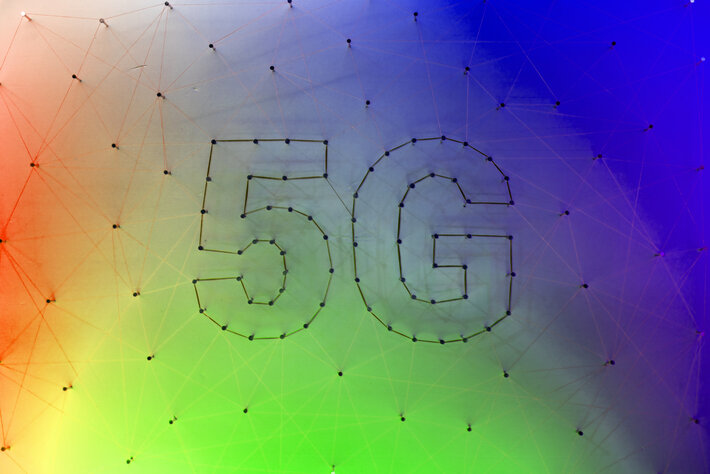Nokia and Orange set record with 800Gbps transmission trial on 6,600km Dunant live network to prepare for soaring traffic on trans-Atlantic route. The trial utilised Nokia 6th-generation super-coherent Photonic Service Engine (PSE-6), signalling readiness of Nokia 1830 family of optical transport platforms to carry next-gen 800GE IP services as global traffic demand soars.
Additionally, the field trial validates Orange network capability on transatlantic submarine cable to support 400GE and 800GE transport services over its entire network. The trial used the Nokia PSE-6s super coherent optics productized in the Nokia 1830 Photonic Services Interconnect – Modular (PSI-M). Conducted under challenging real-world network conditions, the trial validates Orange’s ability to increase its existing optical network capacity to support end-to-end 400GE and next-generation 800GE services.
The Orange Dunant transatlantic subsea cable is a unique ‘hybrid,’ terrestrial and subsea connectivity solution for wholesale customers. Traffic is able to reach four different points of presence in the Paris region, giving more connection options to wholesale customers.
In the trial, Orange and Nokia demonstrated error-free performance at 800Gbps over a 6,600km link between the cable landing stations at Virginia Beach, U.S.A. and St Hilaire de Riez, France, compared to 400G in 2021.
The trial also demonstrated 700Gbps over a total link distance of 7,345km from Virginia Beach to Paris, vs 300G also in 2021. The terrestrial links consisted of nine spans of Orange’s existing fibre network, through multiple cascaded reconfigurable optical add/drop multipliers (ROADMs), using 150GHz WDM spectrum channels.
The field trial, which validates a planned upgrade of the Orange long-haul network using Nokia’s PSE-6s super coherent optics, demonstrates the ability to expand the capacity and spectral efficiency of existing subsea cable systems while reducing the number of coherent optics needed by 33% and lowering total power consumption compared with existing coherent optics.
Furthermore, the introduction of the PSE-6 super coherent capabilities across the Nokia 1830 portfolio enables high-performance, spectrally efficient transport of high-speed services across long-haul, ultra-long haul and trans-oceanic networks spanning multiple 1000s of kilometres.
“This trial demonstrates Orange’s commitment to supporting ever-greater network scale and new high-bandwidth services across our existing global network, which combined with our subsea networks truly powers global connectivity for our customers,” Jean-Louis Le Roux, a vice president for international networks at Orange, said. “We are pleased to be the first operator to validate Nokia’s latest generation of super coherent optics in a subsea application as an important enabler to our constant need for network upgrades, with high spectral efficiency, sustainability and operational deployment flexibility.”
“We are very pleased with the success of Nokia’s high-performance PSE-6s in this trial and delighted to continue to work with Orange in support of their network upgrade plans,” according to James Watt, a head of the optical networks division at Nokia. “As data volumes grow unabated worldwide, innovation in optical networks is critical to stay far ahead of the curve. The PSE-6 super-coherent optics supercharge the Nokia optical portfolio, delivering massive network scale and service reach while ensuring sustainable growth with power efficiency.”






